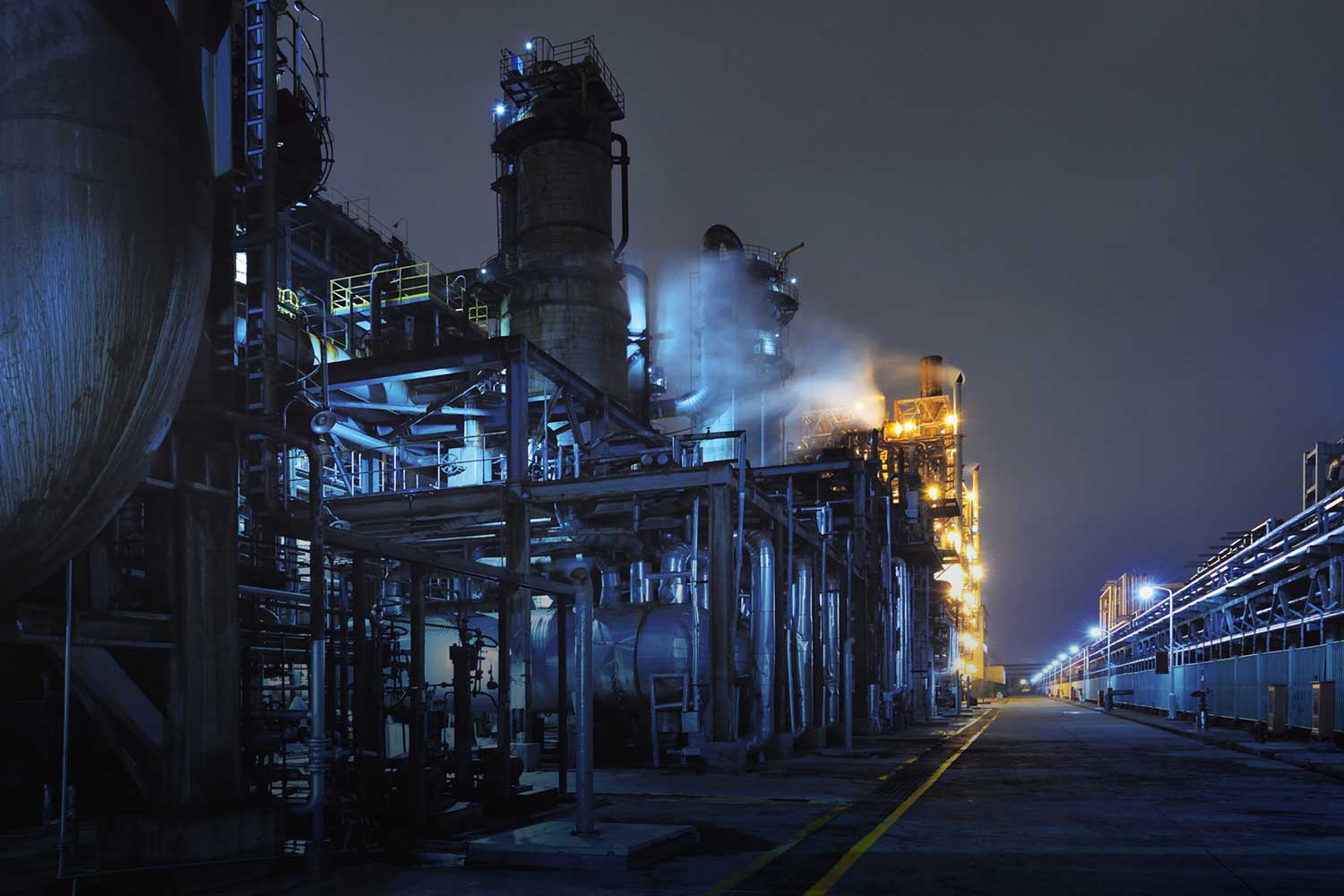Marathon Petroleum Company in the U.S. has received an award for their use of acoustic imaging in the turnaround process. The innovation award recognizes Marathon for “improving process safety by deploying a device that detects leaks, which often can’t be seen or heard, through the sound frequencies they emit.” The press release from Marathon continues, “The Fluke Acoustic Imager pinpoints leaks up to 400 feet away and displays them on its LCD screen, using color variations to form a visual sound map. The refining organization has 28 acoustic imagers in use.”

Innovations in Turnaround
The turnaround (TAR) process at a petrochemical plant involves bringing the systems back online after maintenance, installation of new or replacement equipment, and inspections. During this time, the plant is at its most vulnerable state. While most petrochemical processes are closed, making them relatively safe, TAR exposes these processes to a myriad of risks that could result in fires, explosions, and exposure to deadly gases.
TAR is primarily a lengthy list of activities carefully orchestrated to ensure all systems and processes in the refinery are brought back online safely.
Detecting leaks in TAR is nothing new, but the method is. Past methods include:
- Soap-and-water: Messy, potentially dangerous, and not comprehensive
- Sonic imagers: Rely heavily on well-trained technicians and quiet spaces; the equipment has been noted to be clunky and sensitive
- Infrared gas imagers: Limited in leak sizing and exorbitantly priced

Fluke acoustic imagers use an array of highly sensitive microphones that capture both audible and ultrasonic ranges of sound. The sound is mapped to a visual image superimposed over a standard digital picture. Images show a color-coded spectrum of decibel levels per frequency making it possible for the first time to visualize leaks, even in noisy environments.
Use of Acoustic Imaging in Turnaround
Eliminates leaks and verify fixes in the general operations equipment placed in and around primary processes. For example, leaks in gas compressors can cause fires, and the potential for fire exists should hydrocarbon pumps, valves, or lines develop leaks that could allow vapors to reach sources of ignition.
- Heat exchangers, coolers, and process heaters
- Steam generation
- Pressure-relief and flare systems
- Gas and air compressors
- Pumps, piping, and valves

Other related petrochemical processes to inspect during TAR
- Sweetening and treating process
- Unsaturated gas plants
- Amine plants
- Saturate gas plants
- Asphalt production
- Hydrogen production
- Blending
- Lubricant, wax, and grease manufacturing processes